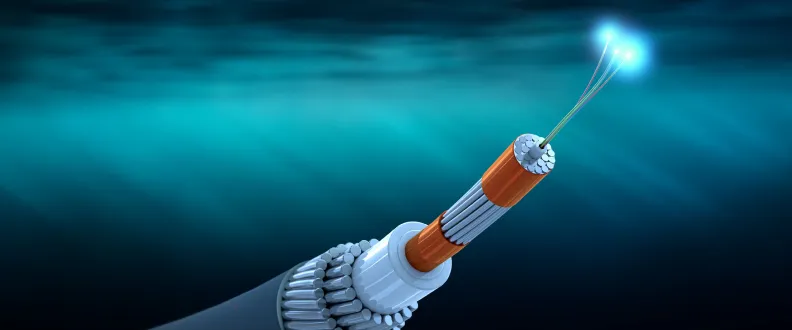
Undersea Cables Become Geopolitical Flashpoints Amid Security Concerns
The backbone of the global internet doesn’t float in the cloud; it lies on the ocean floor. Nearly 99% of international data traffic travels through a vast network of undersea fiber-optic cables connecting continents. As geopolitical tensions rise, these crucial networks are emerging as a strategic and highly vulnerable point of contention.
Recently, the U.S. Federal Communications Commission (FCC) proposed banning Chinese technology from undersea telecommunications projects. Companies such as Huawei Marine Networks and ZTE have become central to the debate, with U.S. officials citing national security risks. The concern is that foreign-made equipment could introduce backdoors, enabling surveillance or manipulation of sensitive international data flows.
The threat is not merely theoretical. Over the past year, unexplained disruptions have occurred near critical locations such as the Baltic Sea and Taiwan’s Matsu Islands. Some analysts suggest these outages could involve deliberate interference, highlighting the fragility of the infrastructure underpinning everything from financial systems to online streaming.
Experts emphasize that undersea cables are both indispensable and vulnerable. While they are essential to modern connectivity, they are exposed to cyberattacks, physical tampering, and sabotage in geopolitically sensitive regions. This duality underscores the urgent need for robust international standards and secure technologies to protect the global digital network.
As the U.S. and allied nations explore ways to safeguard these submarine networks, the issue illustrates a broader trend: technology and geopolitics are increasingly intertwined. Decisions made about cable routing, ownership, and equipment standards are no longer purely technical; they carry strategic implications with real-world consequences.
In the digital era, what happens beneath the waves directly impacts daily life above them. From banking to communication, streaming to global commerce, the security of undersea cables has become a matter of both national interest and worldwide concern.
